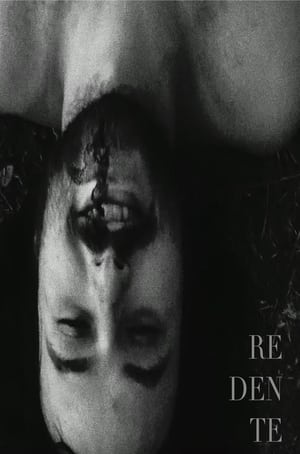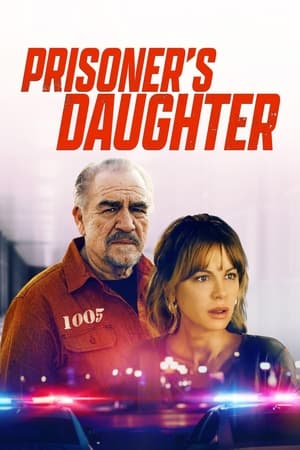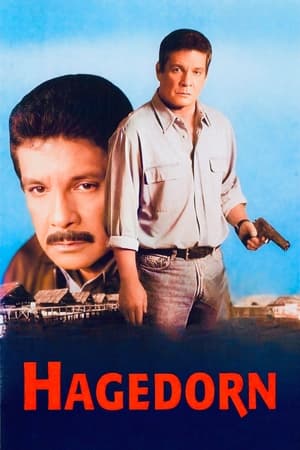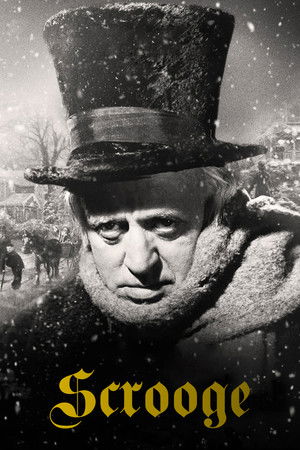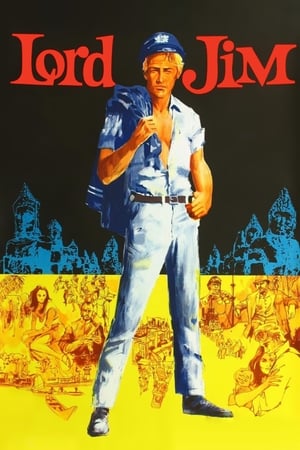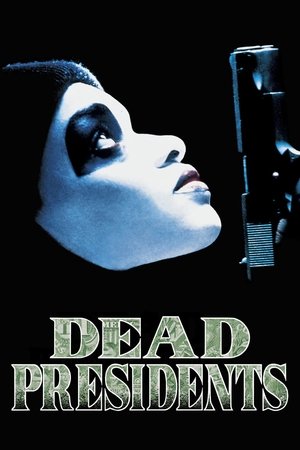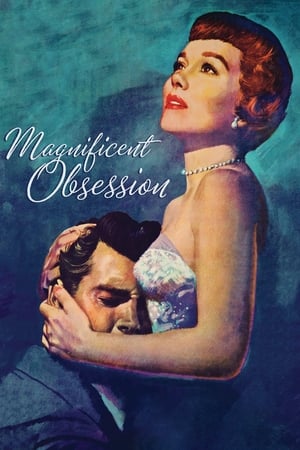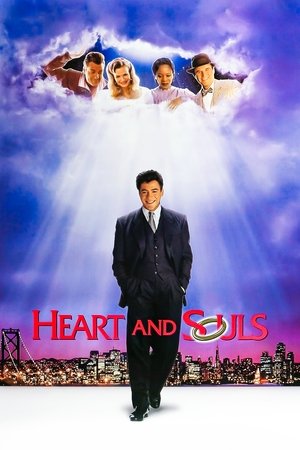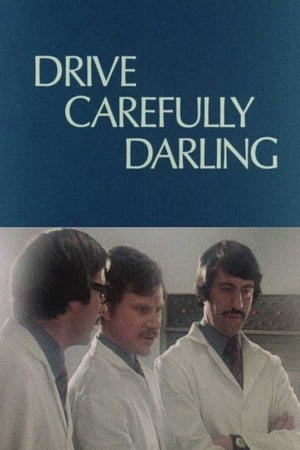Overview
A once-promising village doctor, burdened by personal loss and family betrayal, spirals into alcoholism and becomes an outcast. His journey of pain, resilience, and rediscovery takes him from despair to a chance at redemption, as he confronts his past and searches for purpose, love, and reconciliation.
Reviews
The opening minutes of Dharmadurai bring to mind Seenuramasamy's previous released film Neerparavai (the film that he shot after that, Idam Porul Yeval, is still lying in the cans and even gets referenced here). Like the hero of that film, the protagonist of this one, too, is an alcoholic. The first time we see Dharmadurai (Vijay Sethupathi, solid), he is at a local bar, and the director shows us how his oafish behaviour is a constant source of embarrassment to his brothers (each one named after the Pandavas of the Mahabharata), who even plot to harm him grievously to stop him from maligning them further. His mother, Pandiyammal (Radikaa), is the only one who stands up for him, and we get the sense that there is some reason behind Dharmadurai's alcoholism.
But the director holds on to that for quite a while, instead choosing to narrate the college days of Dharma. We see his gang of friends, which includes Stella (Srushti Dange) and Subhashini (Tamannaah, who does a commendable job dubbing for herself), and the two pine for him, the former openly, and the latter in silence. Then, there is their saintly professor Dr Kamaraj (Rajesh), who keeps urging them to treat the profession as a service and work in the villages. And finally, we get the reason for Dharma's need to seek solace in alcohol. We are introduced to Anbuselvi (Aishwarya Rajesh), a worker, whom Dharma falls in love with, and we learn how, despite his do-gooder nature, the romance ends in tragedy because of the greed and regressive attitude of his brothers.
Dharmadurai has a great central conflict — how even a person with good intentions can become a liability for someone else because of those around him — but Seenuramasamy's resolution of this conflict feels unsatisfactory. The director takes too long to get into the story, and uses a framing device about a bag of cash that Dharmadurai mistakenly takes along with him when he leaves home, which gets his family into trouble. This adds some tension to the initial scenes, but soon, it is side-lined for the campus scenes, which come across as artificial. And the redemption angle is resolved midway into the second half, and we do not have anything else to care for after that. The director fills the remaining time with a less involving sub-plot centred around Dharma and Subha, and brings in the matter of the money again through developments that do not feel organic.
But the film does have genuinely affecting moments, and actors like Aishwarya Rajesh (once again typecast as a poor woman), Radikaa (confident), MS Bhaskar (subtle) and Rajesh (fantastic) enhance the ordinary writing in many of the scenes. The repeated stressing of the need for altruism gets tiring at times, but in these cynical times, it does leave you with a warm feeling. There are quite a few moments (like the entire segment involving Anbuselvi) that convey what this director is capable of, but the synthetic sub-plots pull the film down and prevent it from becoming the emotional roller coaster that it should have been.

 167 min
167 min
 7.5
7.5
 2016
2016
 India
India
 timesofindia wrote:
timesofindia wrote:
